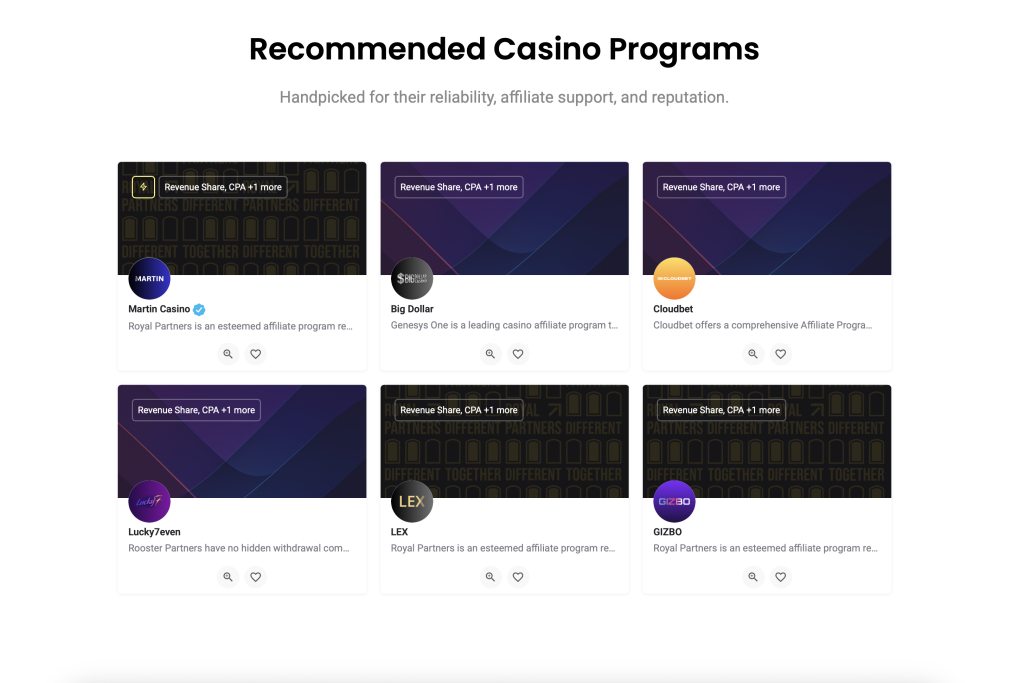How Easy is it to Scam Affiliate Managers? Learn How to Protect Yourself

In the iGaming industry, where affiliate marketing plays a critical role, performance verification is key. Many affiliate managers, looking to ensure that their partners are delivering as promised, request screenshots of affiliate backends as proof of performance. However, what might seem like a reasonable verification process can be shockingly easy to manipulate.
Imagine this: an affiliate manager is working with a partner who claims they’ve delivered impressive results. To verify these claims, the manager asks for a screenshot of the affiliate’s backend dashboard. The affiliate then sends over a screenshot showing excellent numbers—126 new signups, 98 first-time depositors (FTDs), and over $36,987 in commissions. It all looks legitimate, and the affiliate manager is inclined to approve their payout.
But there’s a problem. With just a few clicks, the affiliate has manipulated their backend stats using a simple browser tool like “Inspect Element,” altering the displayed figures to show inflated performance metrics. After modifying the numbers, they take a screenshot and send it to the affiliate manager, who assumes the data is accurate and releases the payout.
The Pitfalls of Asking for Screenshots
It may seem hard to believe, but using screenshots as verification has become one of the most outdated and unreliable methods of assessing affiliate performance. Here’s why:
- Ease of Manipulation: Tools like “Inspect Element” allow scammers to temporarily change figures on any webpage. These changes aren’t real but can easily fool someone relying on a screenshot.
- No Real-Time Data: Since affiliate managers don’t have access to other casinos backends real-time affiliate data, they rely on what the affiliate provides. This leaves a gap for scammers to exploit.
- Blind Trust in Screenshots: A professional-looking screenshot is easy to fake, yet many managers accept these images as evidence without verifying their authenticity through more reliable channels.
Why Affiliate Scams Are So Prevalent
Affiliate scams persist because they are easy to execute and difficult to detect with traditional methods. Once the falsified screenshots are sent, managers have little recourse to verify the data beyond what they see. Scammers take advantage of the fact that many affiliate managers are overworked, juggling numerous partnerships, and may not have the time or resources to scrutinize every performance metric.
The result? Managers end up paying commissions based on fraudulent data, losing not only money but also trust within the affiliate community. Furthermore, when these scams are uncovered, the reputation of the affiliate program can take a serious hit, damaging relationships with other affiliates and operators.
A New Approach: Affiliate Roulette
At Affiliate Roulette, we’ve designed a platform to combat these very issues by prioritizing transparency and verified performance. Instead of relying on outdated methods like screenshots, our platform encourages affiliate managers to ask for an affiliate’s Affiliate Roulette profile URL instead of a screenshot.
Here’s how it works:
- Verified Reviews: Affiliates build their reputation through reviews from previous partners, which provides affiliate managers with a much clearer and more reliable picture of the affiliate’s performance history.
- Transparent Profiles: Affiliates are incentivized to be transparent, as reviews from past collaborations are publicly visible on their profiles. This removes the need for falsified data, as performance is judged based on genuine feedback.
- Fraud Detection: We’ve built mechanisms to flag suspicious affiliates. Scammers are tagged with a “Proceed with Caution” label, alerting managers to potential risks before they even engage.
Building Trust Through Feedback
The key to building a trustworthy affiliate community is transparency. Sharing honest feedback through platforms like Affiliate Roulette strengthens the entire industry. While some affiliate managers may fear that leaving positive reviews will make their top affiliates more visible to competitors, this fear is misplaced. Affiliates who perform well will always be found, regardless of whether or not a review is shared. Holding back feedback only serves to weaken trust within the community.
By fostering a culture of open feedback, both affiliates and managers can create a safer, more reliable marketplace. When affiliate managers leave honest reviews of their partners, they help others avoid scammers and build stronger relationships based on trust.
The Future of Affiliate Verification
It’s time to move past outdated methods like screenshots and embrace more transparent, reliable verification systems. Scammers will continue to manipulate data as long as there are easy loopholes to exploit. However, by adopting a platform like Affiliate Roulette, where transparency and verified reviews are at the forefront, affiliate managers can protect themselves from fraud and focus on building lasting, successful partnerships.
Ready to make the switch from screenshots to real, verified data? Join Affiliate Roulette today and help us make transparency the new standard in affiliate marketing.


